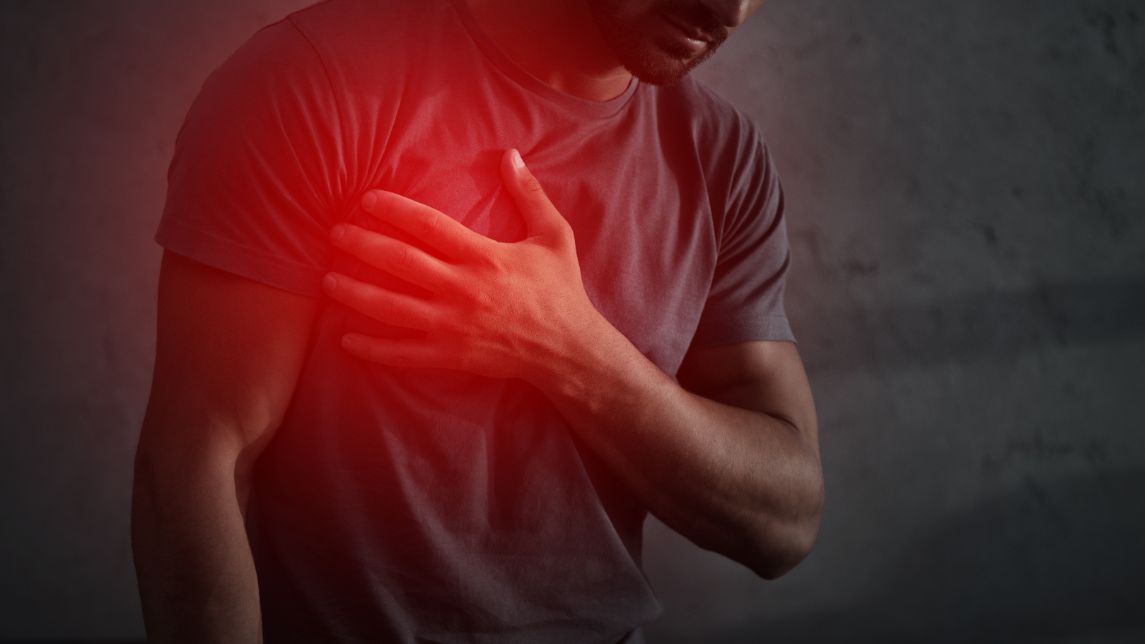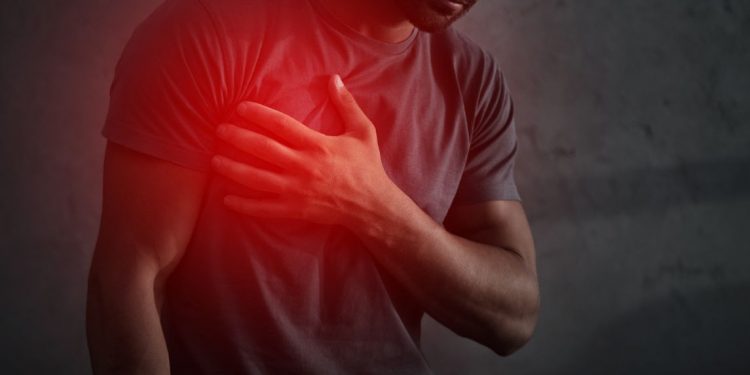Chest wall tumors symptoms vary depending on the type of tumor, and may include swelling, pain and difficulty breathing. These tumors can occur in both children and adults. Although scientists are not certain of the exact cause, it is thought that lifestyle and diet may play a role.
The diagnosis of chest wall tumors requires a complete history and physical exam, including a chest X-ray. This test can help identify whether the tumor is malignant or benign. A biopsy may also be required. Biopsies can be performed using fine needle aspiration or open biopsy. When performing an open biopsy, a small surgical incision is made to extract a sample of cells from the tumor.
If the tumor is malignant, it will need to be removed through surgery. Most chest wall tumors are benign. Some cancers, such as Ewing’s sarcoma, require chemotherapy in combination with radiation therapy. Other tumors, such as chondrosarcoma, can spread to bones, ribs and other parts of the chest.
For primary tumors, surgery with resection is the recommended treatment. However, if the tumor is malignant, it will need further evaluations before surgery can be conducted. An MRI scan can provide additional information about the location and size of the tumor. Chemotherapy may be prescribed after surgery.
Malignant chest wall tumors are usually sarcomas that originate in bone or cartilage. They can cause pain, swelling and muscle atrophy. In addition, some of them have a high recurrence rate. Depending on the severity of the symptoms, a medical team will formulate a treatment plan.

Cancer is a deadly disease that is a global threat to human health. It has become the number one cause of mortality in China. Approximately 2.2 million new cancer cases are diagnosed annually. Fortunately, many advances in diagnostic and treatment techniques have improved the overall survival rate.
Several risk factors, such as smoking, may increase the risk of developing a chest wall tumor. Genetics and lifestyle may also play a part. Symptoms vary depending on the type of tumor, and patients may be referred to a specialist for further testing.
Surgical reconstruction may be necessary if the chest wall has severe physical deformations. These reconstructions will involve tissues from elsewhere in the body. As a result, a scar may be left behind. Many people are emotional during their treatment, and a treatment team is available to address questions.
While many cancers are curable, it is not uncommon for them to progress and cause complications. Because of this, it is important to follow the recommended screening tests. If you are at risk, you should discuss changes in your lifestyle with your healthcare provider.
A variety of specialties offer chest wall tumor treatment. During your consultation, your physician will explain the process of surgery, recovery and follow-up appointments. During these visits, you will receive an explanation of any medication you will be taking and recovery exercises.
Some types of chest wall tumors are more common in children. Others are rare, and asymptomatic. There are no known causes, so it is difficult to know exactly how they develop.









